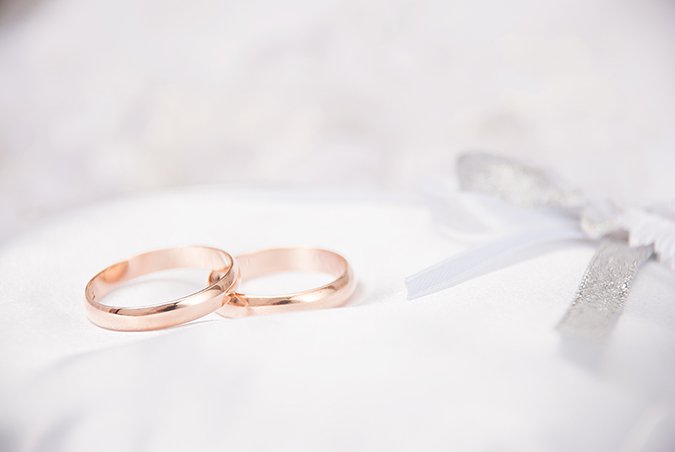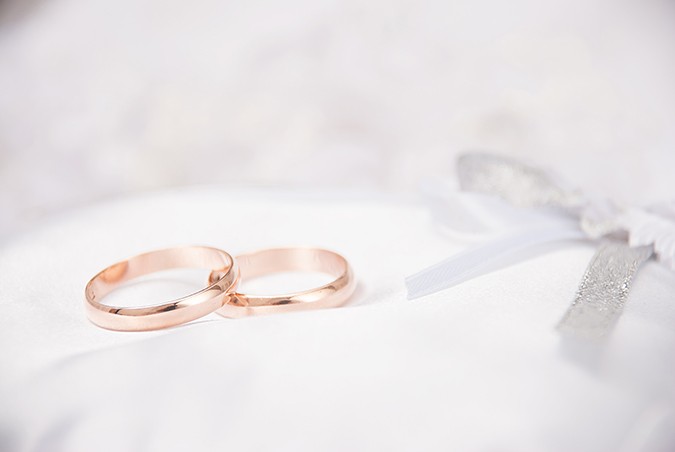
Expert Advice From Dee Popat: Potential issues You Could Face Prior To Your Marriage In The UAE
Written by Dee Popat on April 8, 2017.
Tagged under: Agreement, BCME, Expert Advice From Dee Popat: Potential issues you could face prior to your marriage in UAE, HIV, Islamic, Marriage, Muslim, STD, UAE, issues, legal advice in uae, legal marriage UAE, marriage and the law, marrying, needed, potential, potential issues
Potential Issues You Could Face Prior To Your Marriage In The UAE
Marriage can be a complicated business, particularly in the culturally diverse environment of the UAE. With so many different nationalities all co-existing here, many people find themselves falling in love with, and ultimately marrying, somebody who may not be from the same country, or religion, as themselves. When this happens, it’s important to ensure that steps are taken to legalise the union. This can often be a daunting prospect, and what you both need to do varies according to your circumstances. Dee Popat, our BCME expert panel member and Head of Family Law at James Berry & Associates, outlines the main requirements and the paperwork needed below.
Despite my previous articles and also information which is available through various sources, I still receive various inquiries from people wishing to get married here who have not dedicated enough time to ensuring that they deal with all eventualities that may arise before the marriage. I therefore felt it appropriate to provide the following overview of some potential issues that you may come across, prior to your marriage.
Depending on your residency status in the UAE, and your nationality, ensure that you have made the relevant inquiries, both with the institute where you will marry and your country’s embassy, in relation to the documents you will require for the marriage. The paperwork can be overwhelming, therefore it is essential that you make inquiries and also allocate sufficient time to dealing with the formalities and paperwork. If documents are required from your home country, they will need to be the original ones and be legalised by the Foreign and Commonwealth Office or equivalent in your home country. They will also have to be attested by the UAE Embassy in your home country. This can take some time, so always bear this in mind when setting a wedding date. The documents will then have to be officially translated into Arabic and attested by the Ministry of Justice and the Ministry of Foreign Affairs in the relevant UAE Emirate. If your previous marriage was dissolved or you are a widow or widower, you will need to provide your divorce document or certificate of death of your former spouse. These documents will also need to be legalised/attested as explained above.
As one of the spouses must be resident in UAE in order to marry here, if the other is not, you will need to obtain an approved and certified pre-marriage medical certificate issued by a government hospital/clinic to rule out some diseases such as HIV/AIDS, certain STD diseases like HIV and Hepatitis B certain STD diseases like HIV and Hepatitis BHepatitis orTuberculosis. This is a strict requirement and the marriage will not be able to take place if you do not undertake the medical examinations required to obtain the certificate.
If you are Muslim and your spouse is not, this may not be an issue if the spouse is a woman. However, if a Muslim woman wishes to marry a non-Muslim man, he must convert to Islam in order for the marriage to be valid. Furthermore, for an Islamic marriage, the bride’s guardian (usually her father) and two Muslim male witnesses should also be present at the ceremony in the Court. If the bride’s father has passed away, a relevant death certificate should be shown and the presence of the closest male guardian such as a brother, uncle or cousin, is required. If the bride’s father is alive and for any reason is unable to come in person, he can appoint a guardian to complete the marriage procedures through an officially certified Power of Attorney. It is to be noted that a Muslim woman cannot get married without the permission of her father/ guardian.
Under the laws of Islam, as marriage is a legal contract aimed at safeguarding the rights of the family, the contract will need to be registered in a Shari’a Court in the UAE. You should, therefore, discuss the conditions to be inserted in the marriage contract with your spouse beforehand, and if appropriate take a bullet point list with you on the day of the marriage for the terms to be incorporated into the marriage contract. Any terms which are contrary to Shari’a, public order or morals, will not be allowed to be incorporated into the marriage contract.
You may wish to consider entering into a Pre-Nuptial Agreement with your spouse. It is important to obtain legal advice with regards to the contents of the Agreement and to ensure that it is entered into in sufficient time prior to the marriage.
Another issue which is easily overlooked is that living with your spouse prior to your marriage is a serious crime in UAE which could result in imprisonment or deportation.
As the above is only an overview, if you have any specific queries or require any legal assistance, please do contact me at [email protected].
In my next article, I will be addressing some potential issues you could face after your marriage in UAE.







Leave a Reply